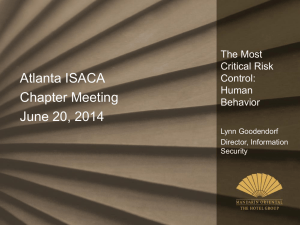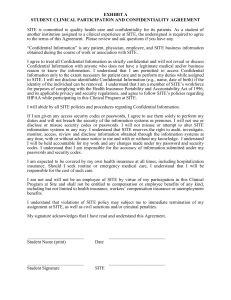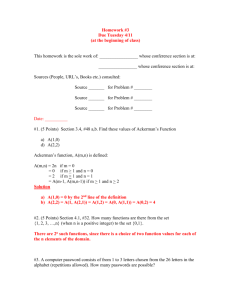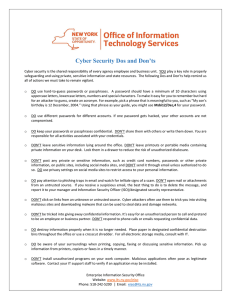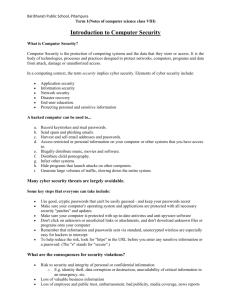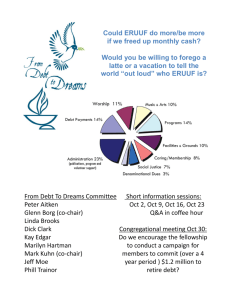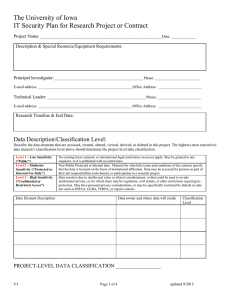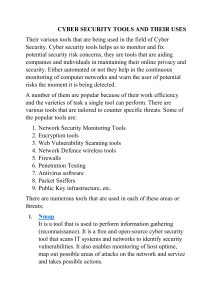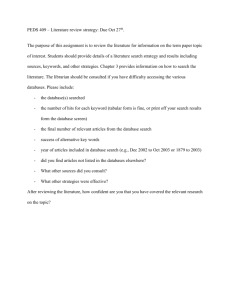“Interesting Tidbits about Technology” October 2013 Volume 1
advertisement
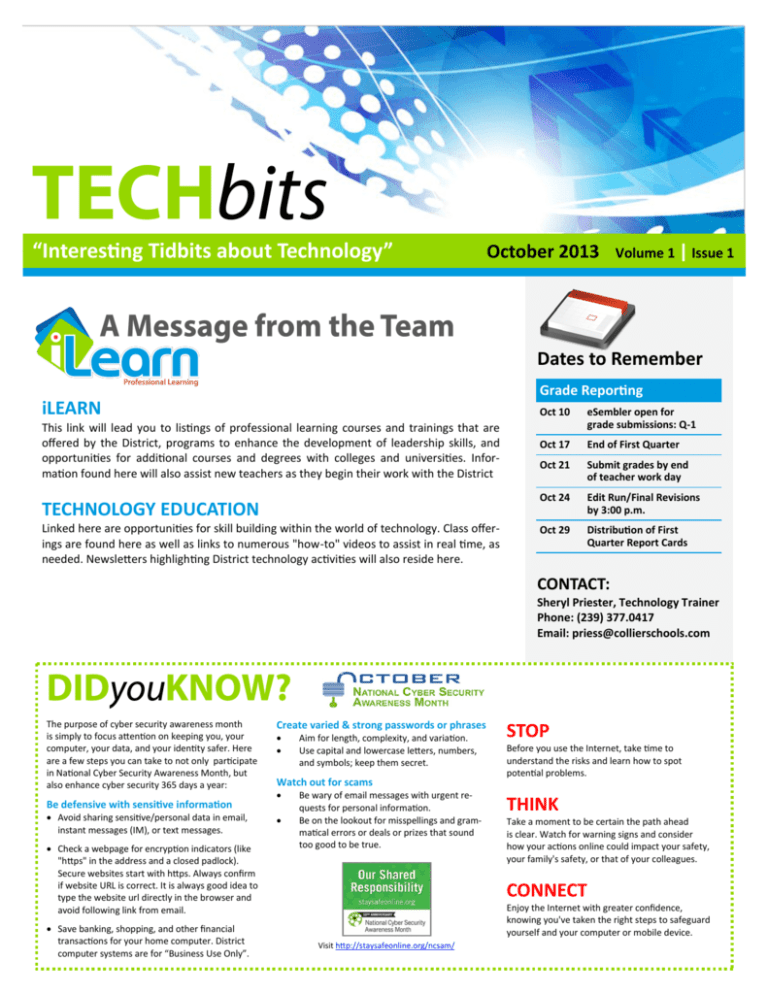
“Interesting Tidbits about Technology” October 2013 Volume 1 | Issue 1 Dates to Remember Grade Reporting iLEARN This link will lead you to listings of professional learning courses and trainings that are offered by the District, programs to enhance the development of leadership skills, and opportunities for additional courses and degrees with colleges and universities. Information found here will also assist new teachers as they begin their work with the District TECHNOLOGY EDUCATION Linked here are opportunities for skill building within the world of technology. Class offerings are found here as well as links to numerous "how-to" videos to assist in real time, as needed. Newsletters highlighting District technology activities will also reside here. Oct 10 eSembler open for grade submissions: Q-1 Oct 17 End of First Quarter Oct 21 Submit grades by end of teacher work day Oct 24 Edit Run/Final Revisions by 3:00 p.m. Oct 29 Distribution of First Quarter Report Cards CONTACT: Sheryl Priester, Technology Trainer Phone: (239) 377.0417 Email: priess@collierschools.com The purpose of cyber security awareness month is simply to focus attention on keeping you, your computer, your data, and your identity safer. Here are a few steps you can take to not only participate in National Cyber Security Awareness Month, but also enhance cyber security 365 days a year: Be defensive with sensitive information Avoid sharing sensitive/personal data in email, instant messages (IM), or text messages. Check a webpage for encryption indicators (like "https" in the address and a closed padlock). Secure websites start with https. Always confirm if website URL is correct. It is always good idea to type the website url directly in the browser and avoid following link from email. Save banking, shopping, and other financial transactions for your home computer. District computer systems are for “Business Use Only”. Create varied & strong passwords or phrases Aim for length, complexity, and variation. Use capital and lowercase letters, numbers, and symbols; keep them secret. Watch out for scams Be wary of email messages with urgent requests for personal information. Be on the lookout for misspellings and grammatical errors or deals or prizes that sound too good to be true. STOP Before you use the Internet, take time to understand the risks and learn how to spot potential problems. THINK Take a moment to be certain the path ahead is clear. Watch for warning signs and consider how your actions online could impact your safety, your family's safety, or that of your colleagues. CONNECT Enjoy the Internet with greater confidence, knowing you've taken the right steps to safeguard yourself and your computer or mobile device. Visit http://staysafeonline.org/ncsam/ PC SECURITY Secure laptop computers and portable devices at all times. Always shut your computer down properly PASSWORDS before leaving. Log off of, lock, or put your computer to Create good cryptic passwords that can’t sleep before leaving it unattended. be easily guessed. Don’t share your passwords or private account information, and avoid writing them down. This includes co-workers and supervisors. CCPS will never ask you for your password. Neither should any reputable service provider. INTERNET EMAIL OFFICE Be cautious when using the internet. Never assume that email and/or Secure your area, files, and equip- Also, just opening a malicious web page can infect your computer system. Be aware of where you are going before clicking on a web link. Don’t provide sensitive information to internet sites, surveys, or forms unless you are using a trusted, secure web page. Be certain you don’t put sensitive information in locations that are accessible from the Internet. attachments are private or confidential. Don’t open email attachments or click on links in emails unless you really know what you’re opening. Delete suspicious emails. Do not open, forward, or reply to them. Immediately delete the email or move it to your “junk mail” folder to prevent more messages. Once you have deleted the email, make sure to empty your recycling bin. District email is for business use only. ment before leaving it unattended. Lock up sensitive materials. Dispose of data sensitive/confidential document properly. Be aware of visitors. Always escort visitors to their destination or to the security desk if you cannot assist them. Practice proper telephone and email security to ensure non-discussion of confidential or sensitive information in private areas. Never share or discuss confidential data with unauthorized individuals. Think before You Click Dispose of Information Properly Use Hard to Guess Passwords Protect Your Children Online Avoid Phishing Scams Protect Your Portable Devices Shop Safely Online Secure Your Wireless Network Protect Your Identity Back-Up Important Files
